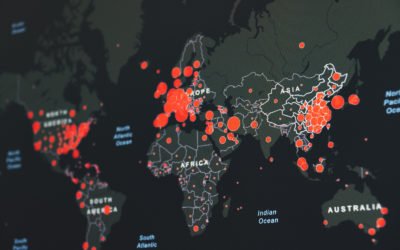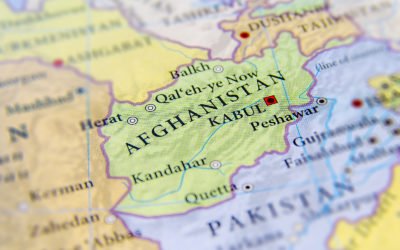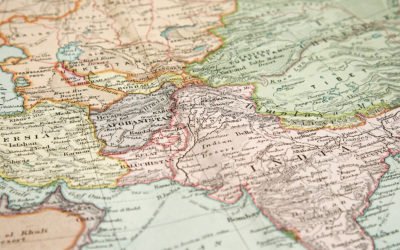Is Canada Ready to Discuss Its Immigration Future?
The COVID-19 pandemic battered Canada’s underperforming and highly indebted economy, and a slow growth future is probably unavoidable without a transformational strategy.
Revitalizing Canada’s Commitment to the Global Health Security Agenda
The global COVID-19 pandemic underscores that Canada faces an imperiled future unless it develops a more nuanced understanding of global health security and adopts forward-looking measures to recalibrate its foreign policy priorities.
BUILDING CANADA’S STRATEGIC CAPABILITIES USING KNOWLEDGE MOBILIZATION
Canada’s social and economic future requires that it develop a multifaceted strategy for competing successfully in the global knowledge economy and strengthening its resilience to a bewildering set of global challenges.
DESIGNING A GLOBAL PANDEMIC INTELLIGENCE SERVICE
The COVID-19 pandemic is an ever-changing threat to global health security. Designing a global pandemic intelligence hub that actively promotes interdisciplinary risk analysis has never been more urgent.
INNOVATION IN CHINA: HOW DOES INNOVATION HAPPEN IN CHINA? STATE-PRIVATE PLAYERS IN NEW-OLD INDUSTRIES
China has changed markedly since 1970 when Canada established diplomatic relations, bringing it out of international isolation. Knowledge of China’s innovation capacity is key for Canada since the “world’s factory” aspires to a qualitative shift in development.
INTERCULTURAL DIALOGUE, GOOD GOVERNANCE AND NATION-BUILDING IN AFGHANISTAN
Afghanistan’s complex mosaic of ethnic, linguistic, and tribal constituencies present formidable governance challenges. But with roughly 80% of its population under the age of 40, Afghanistan has considerable potential for long-term capacity-building.
The GeoPolitics of Private Refugee Sponsorship and the Duties of Citizens
The continuation of large-scale irregular migration flows into Canada from the US has stirred a passionate debate across the country has the potential to overshadow the “soft-power” achievements of Canada’s long-established refugee resettlement efforts.
INDO-CHINA: STRATEGIC COOPERATION IN AFGHANISTAN
Once described as failed states, India and China are deeply invested in shaping the future of Afghanistan. Recent diplomatic developments suggest that India’s and China’s national interests in Afghanistan are guided by strategic cooperation and competition.
FUTURE PROSPECTS FOR THE CHINESE ECONOMY
Canada is pivoting away from the risk-averse policy of previous federal administrations in adopting a more constructive approach to its diplomatic engagement with China. Learning to think “unthinkable” consequences can provide valuable insights to engaging with China on seemingly intractable governance, regulatory, and policy innovation challenges.
THE CHINA INTERNATIONAL IMPORT EXPO AND ITS IMPLICATIONS FOR CANADA-CHINA TRADE AND ECONOMIC RELATIONS
Two powerful countries will dominate Canada’s near-term future: The United States and the People’s Republic of China. The strategic decisions Canada makes regarding China in the next few years will have consequential outcomes for decades. This includes trade, bilateral economic relations, and much more.










